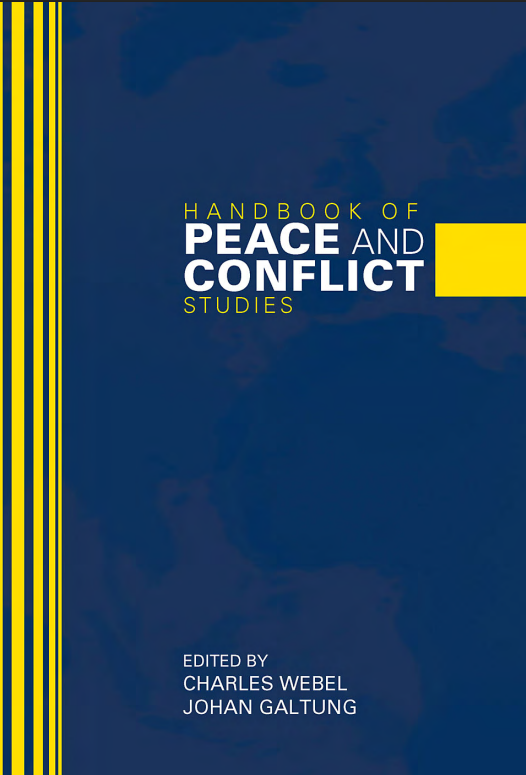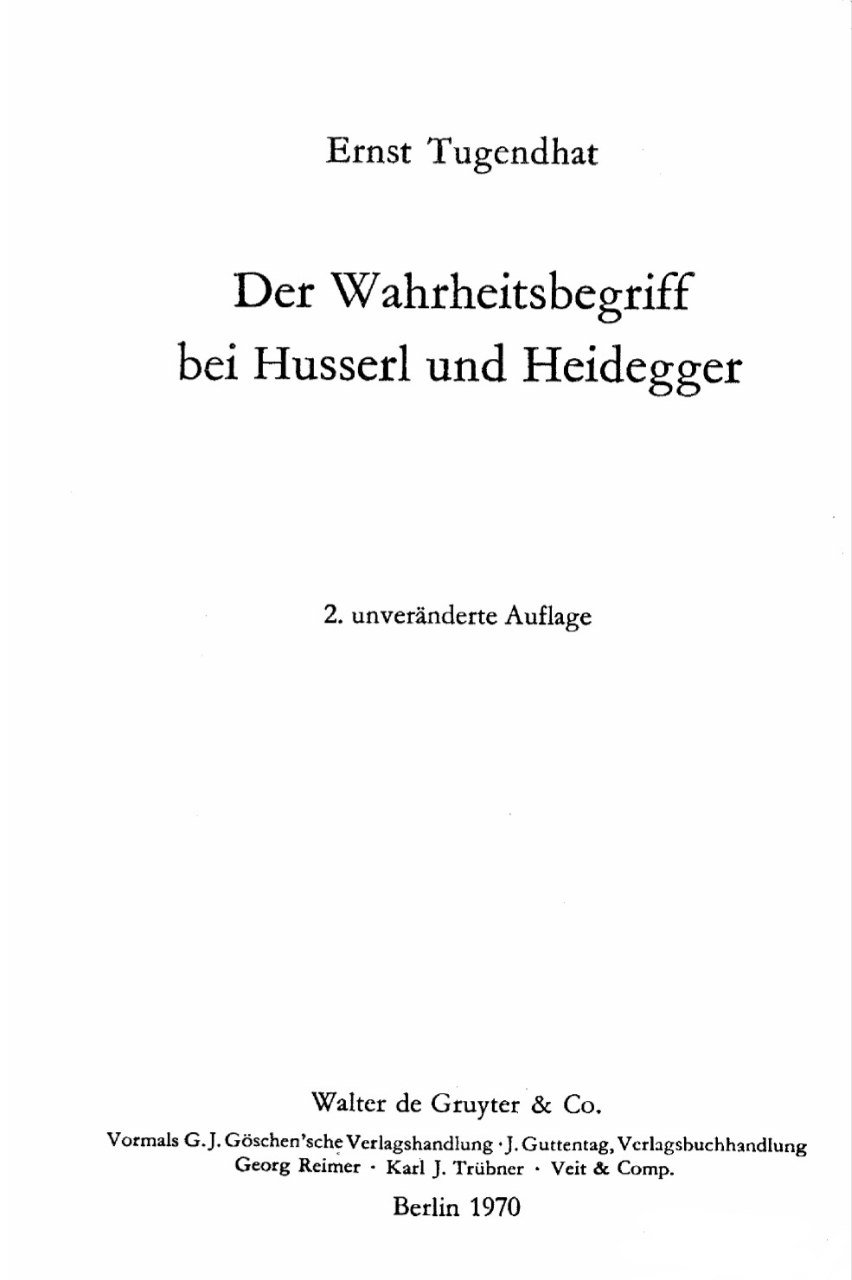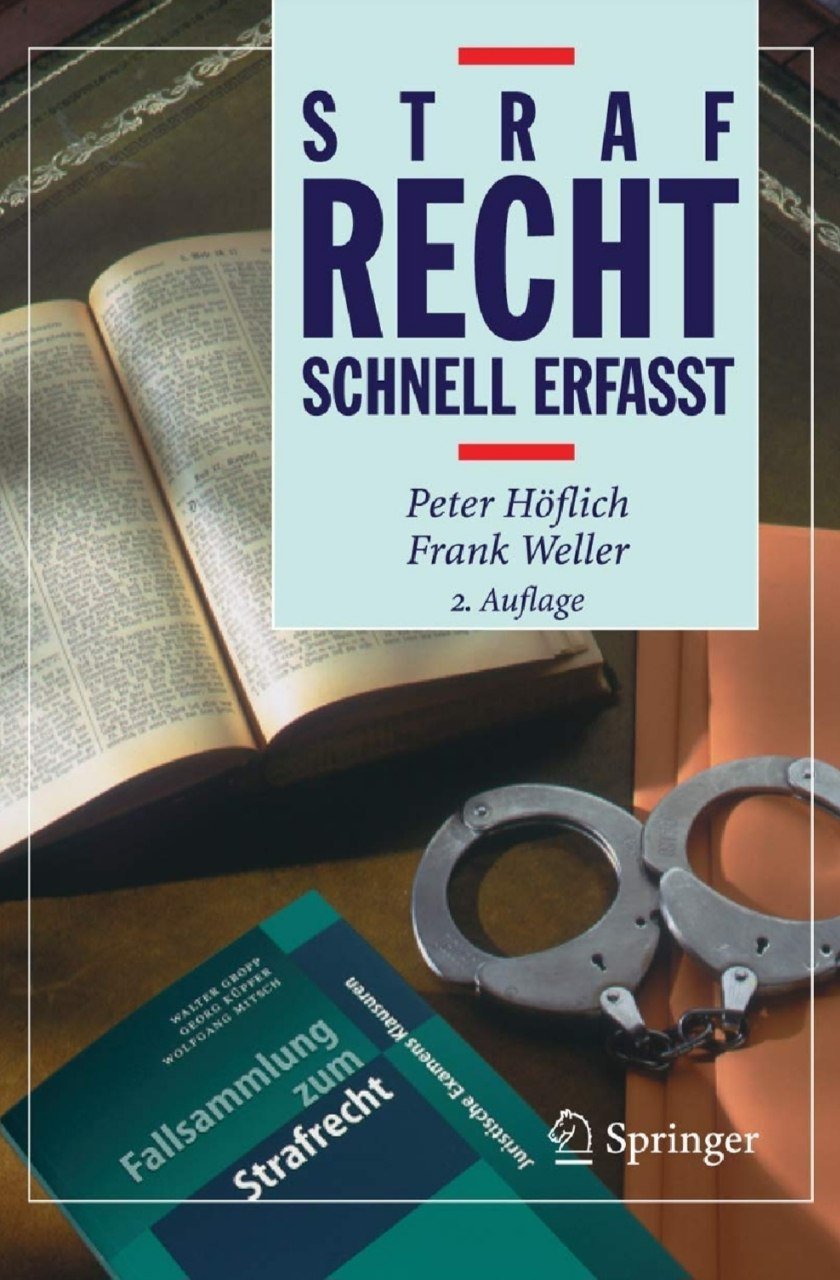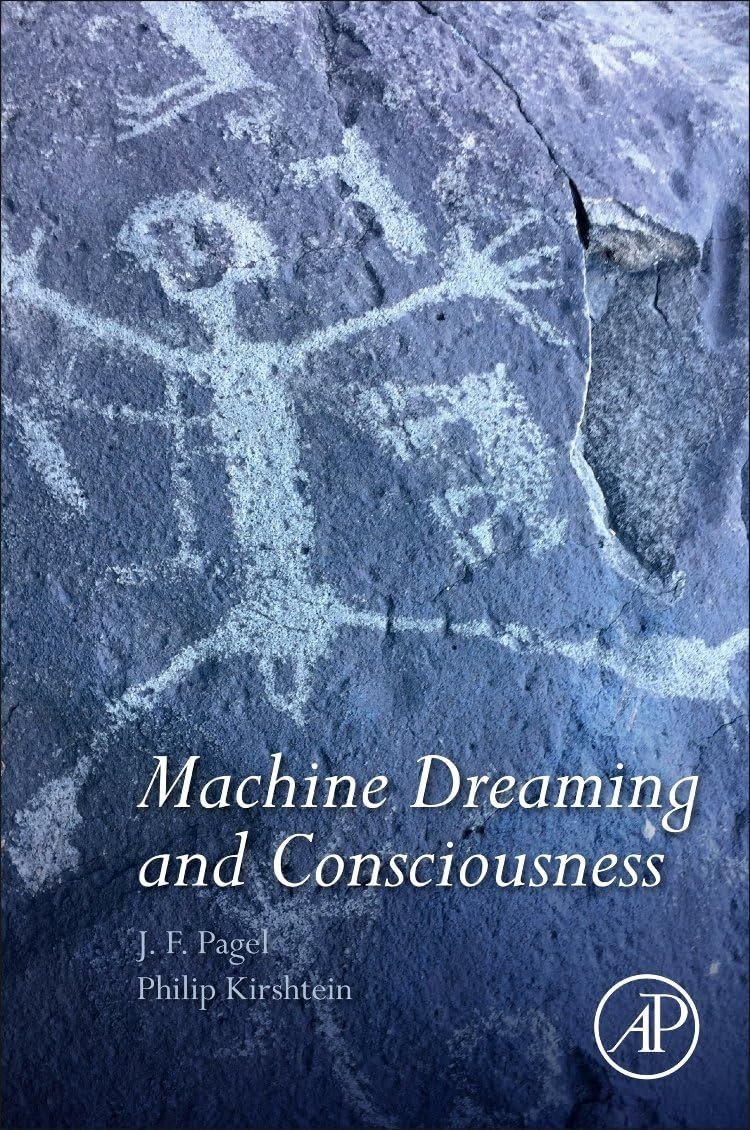

The Occult Battle of Britain by Peter Hough
Reviews
No review yet. Be the first to review this book!
Description
The Occult Battle of Britain by Peter Hough delves into the little-known history of the occult influences and mystical beliefs that permeated British society during World War II, particularly in relation to the Battle of Britain, the pivotal air conflict between Britain and Nazi Germany. The book explores the intersection of politics, military strategy, and the occult during this period, suggesting that esoteric and supernatural elements played a surprising role in shaping the events of the war. In this work, Hough investigates the various ways in which key individuals and groups in Britain, including politicians, military leaders, and spiritualists, were influenced by or involved in occult practices, such as astrology, divination, ritual magic, and other esoteric traditions. These mystical beliefs and practices were not only a personal interest for some but were also intertwined with their political and military strategies, often to the extent that they affected key decisions during the war. One of the central themes of the book is the role of occultism in British intelligence. Hough explores how some British intelligence officers and military leaders were reportedly involved in occult activities, using practices such as astrology to guide decision-making. There are accounts of high-ranking individuals seeking mystical advice, consulting fortune tellers, or exploring the possibility of supernatural intervention to gain an edge in military strategies. The idea that mystical or hidden forces could be at play in the battle for survival and the outcome of the war was pervasive in some circles. Another significant area that Hough discusses is the influence of British occultists and spiritualists during the war, particularly those who were part of the broader esoteric movements that had flourished in Britain in the early 20th century. Figures like Aleister Crowley, the infamous occultist, and various secret societies played an intriguing role in the backdrop of wartime Britain. Some of these individuals were believed to have had connections to intelligence services and military figures, leading to speculation about whether their occult practices had any actual impact on the war effort. The book also examines how Nazi occultism, which had its own connections to mysticism, racial purity, and Aryan supremacy, was countered by Britain’s own esoteric traditions. The influence of the Nazi regime’s occult practices, including their belief in the power of the supernatural and the paranormal, is considered in contrast to British attitudes toward the mystical. Hough suggests that the British response to these supernatural beliefs—whether it was through humor, skepticism, or counter-rituals—shaped the way in which Britain fought the war, both on the spiritual and material levels. Ultimately, The Occult Battle of Britain sheds light on the fascinating and somewhat strange historical narrative of how mystical and occult practices were intertwined with the very real and deadly events of the Battle of Britain. By highlighting the occult undercurrents that ran through the war effort, Hough presents an alternative and often overlooked perspective on the psychological, cultural, and ideological forces at play during this critical period in history. While the book is speculative and filled with fascinating anecdotes, it raises questions about the role of belief and mysticism in times of crisis, and how such forces may have subtly influenced the course of history, despite the prevailing emphasis on military strategy and technological advancement.





















.jpg)






.png)
.jpeg)
.jpg)

.jpeg)
.jpg)





.jpg)
.jpg)




















.jpeg)
.jpg)
.jpeg)


.jpg)








.jpeg)








.jpg)











.jpg)










































